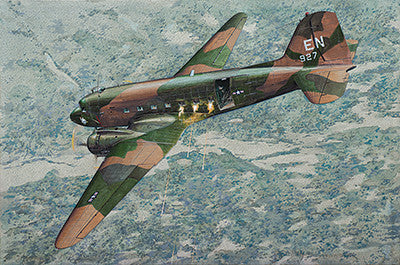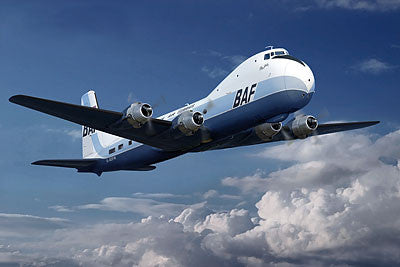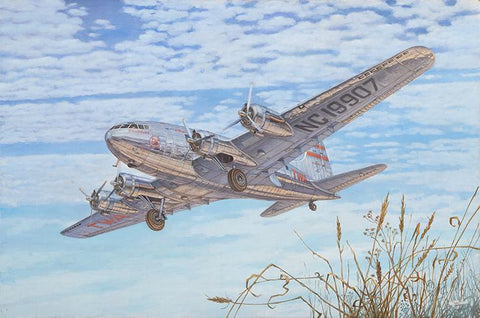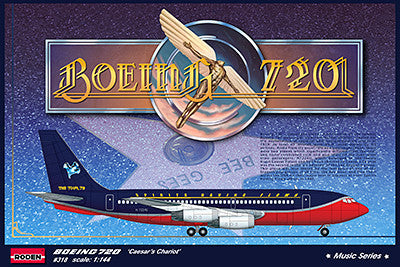
Roden Aircraft 1/72 Gotha G II/III German WWI Biplane Bomber Kit
This Product Usually Ships In 2-3 Business Days
ROD-2In early 1915 the Gothaer Waggonfabrik AG bought the license to manufacture the Friedel-Ursinus "Kampfflugzeug" ("Battle plane"). Their new twin-engine aircraft received the name Gotha G.I, eighteen of this type were built. The Gotha G.I had many technical problems connected with a lack of experience in producing similar type planes. But soon Gothaer Waggonfabrik found the support of the military command, which had strategic plans to attack the British Isles from the sky.
At the end of 1915, Idflieg ordered ten new bombers. Gotha`s chief designer, Hans Burkhard, modified the G.I - now the fuselage was placed closer to the lower wing, and the center of gravity also changed. Two powerful Mercedes II.III engines powered the Gotha G.II. Initially the G.II had an eight-wheel main undercarriage which reduced the danger of a nose-over, but addressing the problems associated with this innovation were not followed-up completely. Finally, the Gotha G.II had received the usual four-wheeled undercarriage. The crew consisted of three - a bombardier-gunner in the front turret, a pilot in a central cockpit and a gunner in the rear.
Main fuel tanks were housed in the large streamlined engine nacelles. Special bomb racks inside the fuselage could carry up to fourteen 10-kg bombs. Serial production of the G.II started in April of 1916, ten of these bombers were built, but only eight of them reached Staffel 20 of Kampfgeshwader 4. The engines had many technical problems, and the G.II was used operationally only for a very short time. At the same time Hans Burkhard developed a new bomber - the Gotha G.III.
Virtually identical to it's predecessor (apart from the fin and rudder outlines). New, more reliable Mercedes II.IVa engines powered this aircraft. The Useful load of the new plane had increased to 225 kg., Idflieg ordered 25 G.III's. Almost all of the aircraft that were built were delivered to Kampfgeshwader 2. The Gotha G.III reached the front in the autumn of 1916. After October of 1916, Kasta 20 operated on the Balkan front and used this type. The combat service of the G.III was very limited, but they accomplished some important missions like the destruction of the railway bridge over Donau at Chernavoda, and this was a serious problem for the Romanian troops and their reinforcements. In September of 1917, all surviving Gotha G.II's and G.III's were retired from active combat units and delivered to training units.








